Private Label Teeth Whitening Kit vs Custom Formulation: A Practical Comparison
Understanding private label teeth whitening: what it really means
Private label teeth whitening refers to ready-made teeth whitening products manufactured by a third party that you brand and sell as your own. Common private label offerings include teeth whitening strips, gels, pens, and complete kits. Choosing private label teeth whitening allows brands to enter the oral care market quickly with lower upfront R&D investment, predictable costs, and tested formulas. This option suits businesses that prioritize speed, lower MOQ (minimum order quantity), and reliable manufacturing processes.
What custom formulation entails for teeth whitening products
Custom formulation means developing a proprietary teeth whitening product tailored to Double White’s specifications — ingredients, concentration, flavor, packaging, and unique claims. Custom projects involve R&D work, prototype iterations, stability testing, and regulatory review. Brands that choose custom formulations aim to differentiate on performance, sensory experience, and unique selling points. While custom work can create higher margins and strong brand identity, it requires longer timelines, greater capital, and skilled project management.
Key decision factors when choosing private label teeth whitening or custom formulation
Time-to-market and product development speed
If rapid market entry is critical, private label teeth whitening products typically win. Pre-formulated, tested products cut development time from many months (or even years) to weeks. For a custom formulation, plan for discovery, formulation iterations, stability testing, and regulatory checks that can add 3–12+ months depending on complexity and claims.
Cost and minimum order quantities (MOQs)
Private label teeth whitening generally requires a lower initial investment. Suppliers often offer standard MOQs designed for small and mid-sized brands. Custom formulations incur higher R&D costs, sample fees, and often higher MOQs to recoup development expenses. Consider total landed cost per unit including packaging, labeling, testing, and shipping when comparing options.
Regulatory compliance and safety
Oral care products are subject to regulations that vary by market. Using private label teeth whitening products from an experienced supplier can simplify compliance because formulas may already meet certain market requirements. For custom formulations, you must validate safety and compliance for each intended market (e.g., ingredient restrictions, labeling, claims). Work with manufacturers that have established quality systems (GMP), documentation, and regulatory knowledge.
Brand differentiation and intellectual property
Custom formulations offer stronger differentiation — you control unique ingredients, concentrations, and sensory profiles. Private label teeth whitening can still be branded effectively, but products may be similar to competitors using the same supplier. If IP and unique performance are central to your strategy, custom formulation is preferable.
Performance, efficacy and quality control: what to verify
Clinical testing and evidence
Consumers expect visible, safe whitening results. Whether you choose private label teeth whitening or a custom formula, demand evidence: third-party clinical testing, in-vitro studies, and consumer studies that support performance claims. Ask suppliers for study summaries, test protocols, and reproducible results.
Manufacturing standards and batch consistency
Verify the supplier’s manufacturing standards: GMP certification, ISO certifications, and robust quality control processes. For private label teeth whitening, request batch-to-batch consistency data and shelf-life testing. For custom formulations, insist on validation runs and stability data under real storage conditions.
Packaging, labeling and claims: differences and implications
Packaging customization for private label teeth whitening
Most private label suppliers offer extensive packaging options — from basic labeling to fully bespoke boxes and inserts. Packaging customization allows brands to create High Quality presentation without changing the formulation. Ensure packaging materials align with product stability requirements (e.g., oxygen barrier for peroxide gels).
Claims and marketing copy for custom products
With custom formulations you can craft differentiated claims (e.g., faster whitening, enamel-safe alternatives). Note that stronger performance claims usually require more robust clinical evidence and may trigger more stringent regulatory scrutiny.
Cost-benefit comparison table: Private Label Teeth Whitening vs Custom Formulation
The table below summarizes practical differences to help guide your decision. Source references follow at the end.
| Factor |
Private Label Teeth Whitening |
Custom Formulation |
| Time-to-market |
Fast (weeks to months) |
Slow (months to a year+) |
| Upfront cost |
Lower (standard MOQs, pre-formulated) |
Higher (R&D, testing, prototypes) |
| Differentiation |
Limited (dependent on supplier’s catalog) |
High (unique formula & IP) |
| Regulatory complexity |
Lower (supplier often handles standard compliance) |
Higher (new ingredients/claims require validation) |
| Quality control |
Depends on supplier’s systems |
Requires rigorous validation and scale-up testing |
| Branding flexibility |
High for packaging and messaging; limited for core product |
High for both product and packaging |
Why this comparison matters
Choosing between private label teeth whitening and custom formulation is a strategic decision. If you want to test the market quickly, build distribution, or launch seasonal lines, private label is often the smartest path. If you aim for long-term brand equity with a signature product, invest in custom formulation with appropriate resources and timelines.
How to evaluate a private label teeth whitening supplier
Questions to ask potential partners
- Can you provide safety and stability data for your formulas?
- Do you offer clinical or consumer study results supporting whitening efficacy?
- What are your MOQs, lead times, and pricing tiers for different packaging options?
- Do you offer customized packaging and free samples for evaluation?
- What certifications do you hold (GMP, ISO, etc.) and what quality systems are in place?
- Can you support regulatory submissions and provide required documentation for target markets?
Red flags to avoid
Be cautious of suppliers who cannot provide test data, refuse to disclose manufacturing standards, or lack clear traceability for ingredients. Also avoid partners with inconsistent sample quality or unclear timelines.
Case study focus: Why many brands choose private label teeth whitening to scale quickly
Typical brand scenarios
Small beauty brands and dental practices frequently start with private label teeth whitening to build consumer demand without heavy investment. Private label allows them to develop marketing channels, collect feedback, and refine positioning before committing to custom R&D. Larger brands sometimes use private label for limited editions or to complement flagship products.
Double White: a partner for private label teeth whitening and custom projects
Who is Double White and what they offer
Double White is a professional organization that specializes in the research of chronology and the manufacture and development of oral care products. It has a strong development capacity in biotechnology and integrates scientific research, production, strategic planning and brand management. The oral care series has been produced carefully under rigorous scientific research and strict control. Double White is the No. 1 teeth whitening kit supplier in China, providing free samples and customized packaging. It mainly produces teeth whitening products, including teeth whitening strips, teeth whitening gels, teeth whitening pens, etc., and provides customization of teeth whitening products and packaging. Our vision is to become the world's leading teeth whitening strips manufacturer. Website: https://www.double-white.com/
How Double White supports private label teeth whitening brands
Double White offers end-to-end private label solutions: proven formulas, flexible MOQs, and a range of packaging options. For brands that require faster launch cycles, Double White’s private label teeth whitening catalog reduces R&D time while allowing strong brand presentation through customized packaging and labeling. They provide free samples so you can test product feel and efficacy before committing to larger orders.
Custom formulation capabilities at Double White
For businesses seeking differentiation, Double White has robust biotechnology and R&D capabilities to develop custom formulations. Their integrated approach combines scientific research, small-batch prototyping, stability testing, and production scale-up. This makes them suitable for companies that want proprietary performance claims backed by controlled manufacturing and quality assurance.
Core product lines and competitive strengths
Double White’s primary teeth whitening product lines include:
- Teeth Whitening Pens — portable, convenient application for spot whitening and maintenance.
- Teeth Whitening Strips — popular consumer format with measured dosing and ease of use.
- Teeth Whitening Kits — comprehensive kits combining trays, gels, LED devices, and aftercare.
Their core competencies include biotechnology-driven formulation, strict production control, flexible packaging customization, and a strong R&D-to-production pipeline. These strengths help brands balance speed-to-market with product quality and regulatory readiness.
Selecting the right path for Double White: practical guidance
When to pick private label teeth whitening
- You need to launch quickly and test the market.
- Budget constraints limit heavy R&D spending.
- You prioritize predictable manufacturing and faster replenishment cycles.
- You want to minimize regulatory complexity by using proven formulations.
When to invest in custom formulation
- Double White strategy depends on exclusive product performance or unique claims.
- You have resources to fund R&D, testing, and longer timelines.
- You aim to build proprietary IP for long-term competitive advantage.
Practical checklist to move forward
Action steps for immediate progress
Define clear goals: test product-market fit quickly or build a signature product?
Request samples and technical dossiers from private label suppliers (e.g., ingredient lists, safety, stability, and any clinical data).
If pursuing custom formulation, outline desired performance metrics and budget, then request an R&D proposal.
Confirm regulatory responsibilities and labeling requirements for target markets.
Plan packaging design and shelf-life considerations early (packages affect product stability).
After learning the differences between private label and custom formulations, it’s essential to understand the key whitening ingredients that determine safety and performance. To discover which active ingredients actually deliver results, continue to Top Ingredients for Effective Private Label Teeth Whitening.
FAQ — Private Label Teeth Whitening
Q: How long does it take to launch a private label teeth whitening product?
A: Typical timelines range from 4–12 weeks for selecting a formula, approving packaging, and placing an order, depending on supplier lead times and customization level.
Q: Are private label teeth whitening products safe?
A: They can be safe if sourced from reputable manufacturers who provide safety data, GMP production, and clear ingredient lists. Always request test reports and certifications.
Q: Can I customize the flavor or packaging on a private label product?
A: Yes. Many private label suppliers offer flexible packaging and flavor options. However, changing the core formula significantly may shift the project toward custom formulation.
Q: What are typical MOQs for private label teeth whitening?
A: MOQs vary widely. Some suppliers cater to small brands with low MOQs, while others require larger orders for cost-efficiency. Confirm MOQ, pricing tiers, and sample policies with the supplier.
Q: How do I ensure regulatory compliance for my market?
A: Work with a supplier experienced in your target market’s regulations. Obtain technical files, ingredient disclosures, safety data sheets, and, if necessary, clinical evidence for claims.
Contact and next steps — view products or request samples
If you’re considering private label teeth whitening or a custom whitening formulation, Double White can help you at every stage — from sample evaluation to packaging customization and regulatory documentation. Visit https://www.double-white.com/ to view product lines and request free samples. Contact their sales team to discuss MOQs, customization options, and R&D projects.
References
- U.S. Food & Drug Administration (FDA) — Guidance on oral care products and ingredient regulation.
- American Dental Association (ADA) — Consumer guidance and recommendations on tooth whitening safety.
- Grand View Research — Market analysis and trends in teeth whitening and oral care (industry reports).
- Industry manufacturer disclosures and quality standards (GMP, ISO) commonly referenced in oral care manufacturing.
Note: When evaluating suppliers or creating claims, always verify current, jurisdiction-specific regulatory requirements and request supporting documentation from manufacturers.

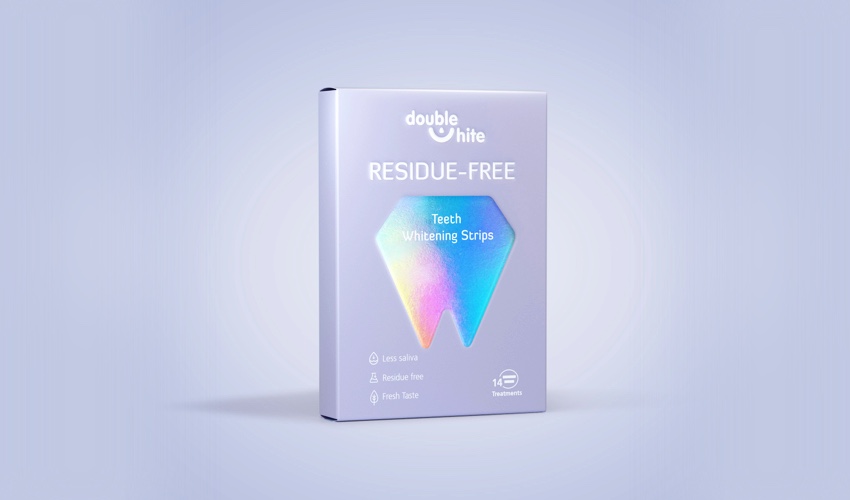
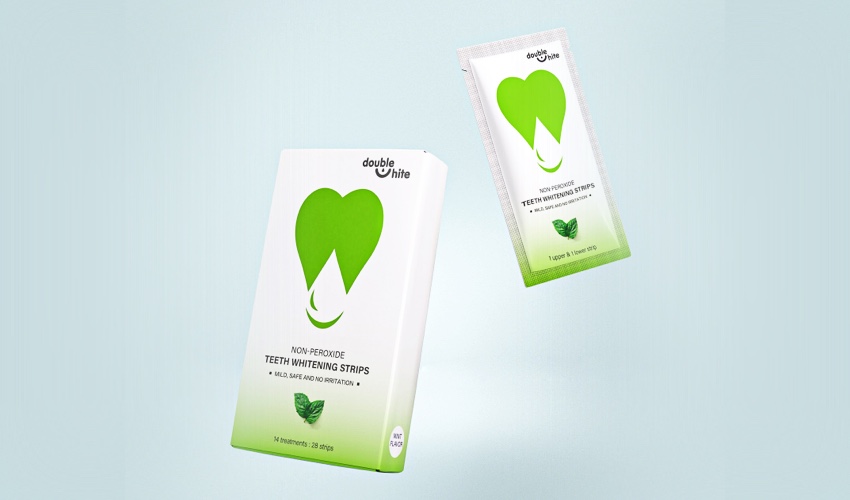
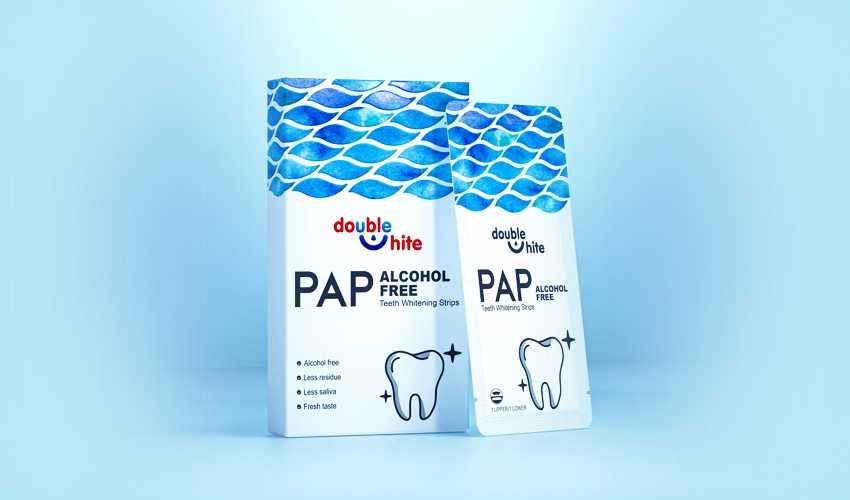
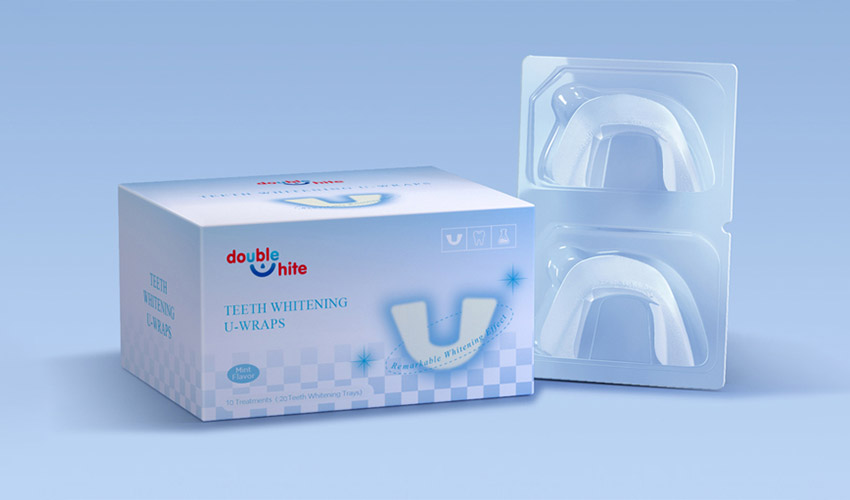
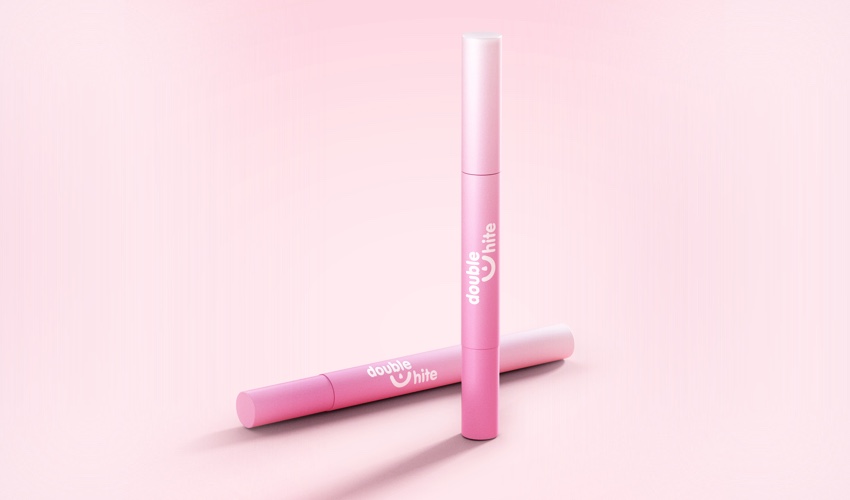
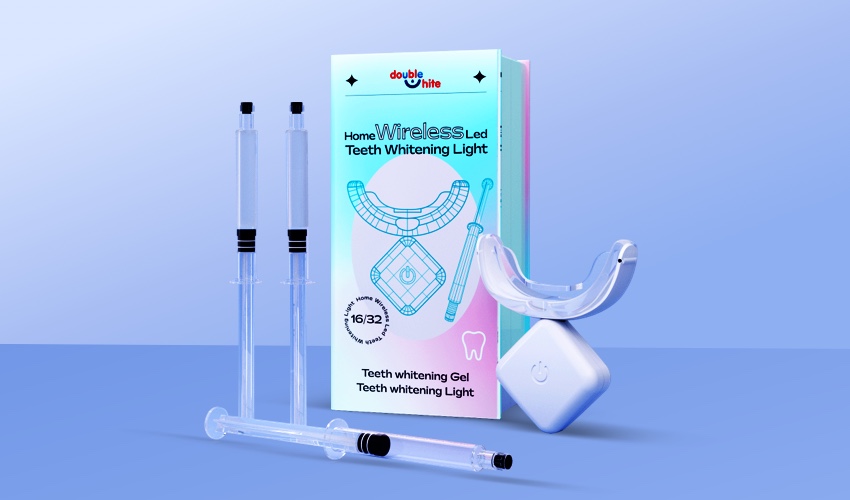
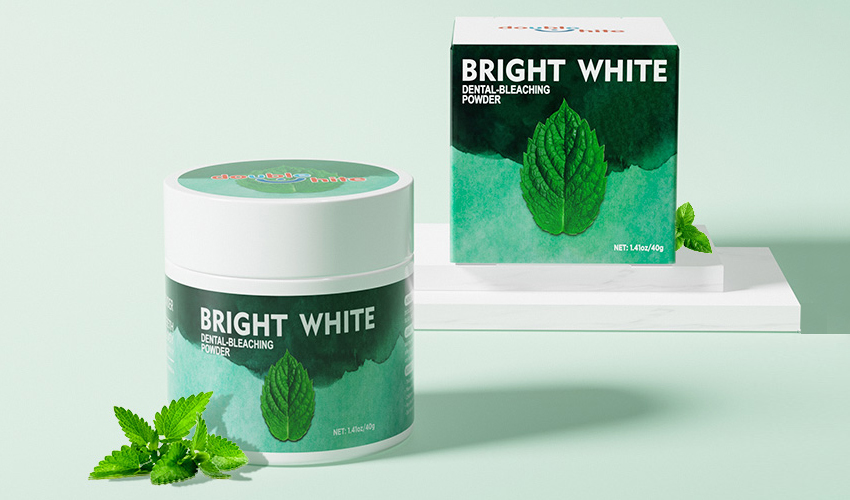










Whatsapp: +8615920313473
cndoublewhite
Doublewhite
doublewhitecn
cndoublewhite
cndoublewhite